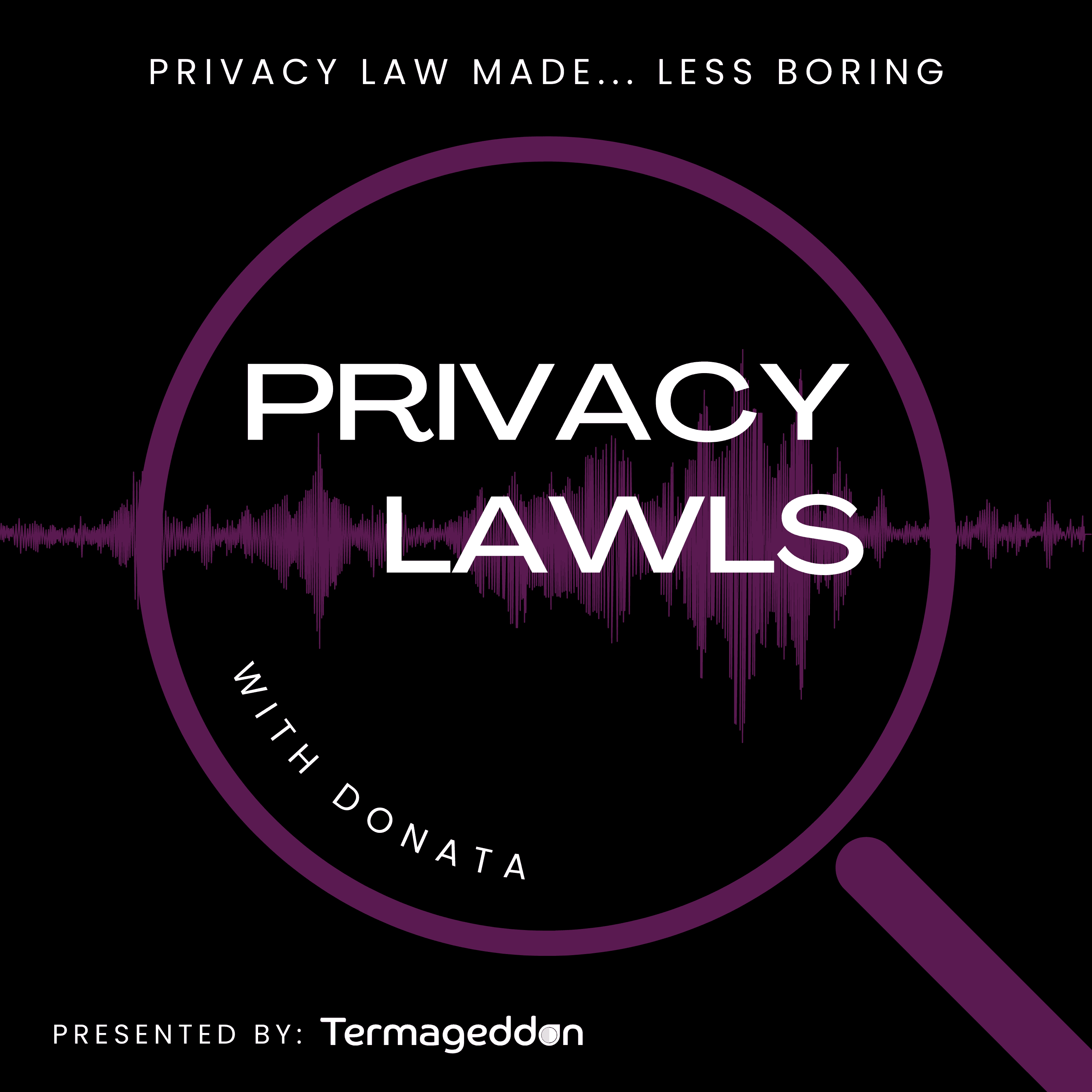Privacy Lawls with Donata
Ep.11 | Getting Consent the Correct Way (Guests: Elizabeth Donkervoort & Lani Victoria Q. Vinas)

Search the Site
Popular Articles
Browse by Category
Subscribe for Updates
Privacy Lawls with Donata
